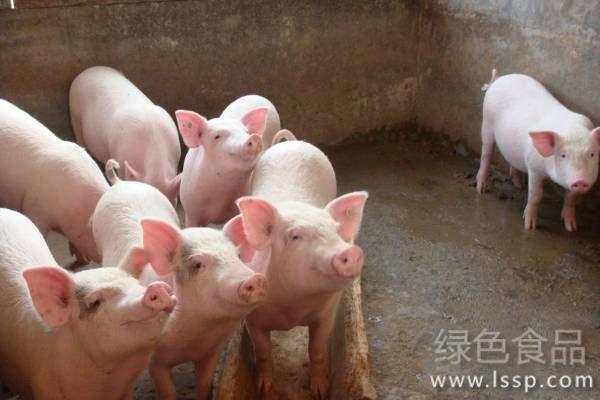Duck hepatitis-prevention and treatment
According to the characteristics of the disease, emphasis should be placed on environmental hygiene control and immunity to breeder ducks.
(1) Environmental hygiene control: the disease can be prevented by strict isolation. Ducklings under 4 weeks of age are susceptible to DHV, so isolated feeding of ducklings within 4 weeks of age to prevent DHV infection can effectively control the occurrence of DHV. Strict disinfection is an important measure to prevent the disease. Before each batch of duck fry enters the duck house, the duck house is sprayed with 5% sodium hydroxide solution and other disinfection measures. Once the disease breaks out, the duck house should be isolated immediately and thoroughly disinfected.
(2) Vaccine immunization
1. Attenuated vaccine: at present, many attenuated vaccine strains such as QL79, E52, CE81 and Fc are widely used. Immunization with attenuated vaccine includes two situations: (1) ducklings are immunized 2-4 weeks before eggs are collected and injected twice at intervals of 1 week. DHV antibodies are transmitted to ducklings through eggs. Ducklings can get maternal antibody protection after 2 weeks. The general immunization period is 6 months, and the second immunization should be considered after 5-6 months. (2) when 1-day-old ducklings were immunized with attenuated duck vaccine, 3d~7d could produce immunity, but maternal antibody could affect the immune effect, and it often occurred in production practice that the immune effect of ducklings was not exactly caused by the onset of disease, so it was not widely used in production.
2. Inactivated vaccine: if the basic immunization of attenuated vaccine has been carried out, the oil-adjuvant inactivated vaccine can induce ducks to produce high titers of antibodies, whereas the antibody level is very low. In some areas where the disease is seriously endemic and duck farms, breeder ducks are immunized with attenuated vaccine one month before production, and then enhanced with oil-adjuvant inactivated vaccine a week later, the next generation of ducklings can obtain higher titers of maternal antibodies.
At present, attenuated vaccine is widely used in production practice, while inactivated vaccine is seldom used because of its high price and long time of producing immunity.
(3) the use of specific antibodies.
1. For ducklings without maternal antibody protection, 0.5ml~1ml hyperimmune serum or egg yolk solution can be injected subcutaneously at the age of 1-2 days, which can effectively prevent the occurrence of DVH.
- Prev

Etiology and treatment of nutritional anemia in piglets
Etiology and treatment of nutritional anemia in piglets
- Next

How can yellow mulberry fish distinguish between male and female?
Yellow mulberry, commonly known as tooth fish, is a local fish, it is a widespread benthic fish, its reproduction and yield is second only to crucian carp catch in Nansihu Lake. Yellow mulberry fish has a yellowish-brown body with large hard spines on its back and tail, a large head and a wide mouth. The growth is relatively slow. In the 1950s, the largest individual reached more than 200 grams, close to half a kilogram. After entering the 1980s, due to too much capture, its weight gradually became smaller, the general common individual, length 15 cm, weight about 80 grams, and female yellow
Related
- On the eggshell is a badge full of pride. British Poultry Egg Market and Consumer observation
- British study: 72% of Britons are willing to buy native eggs raised by insects
- Guidelines for friendly egg production revised the increase of space in chicken sheds can not be forced to change feathers and lay eggs.
- Risk of delay in customs clearance Australia suspends lobster exports to China
- Pig semen-the Vector of virus Transmission (4)
- Pig semen-the Vector of virus Transmission (3)
- Five common causes of difficult control of classical swine fever in clinic and their countermeasures
- Foot-and-mouth disease is the most effective way to prevent it!
- PED is the number one killer of piglets and has to be guarded against in autumn and winter.
- What is "yellow fat pig"? Have you ever heard the pig collector talk about "yellow fat pig"?

